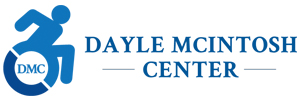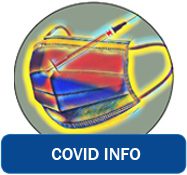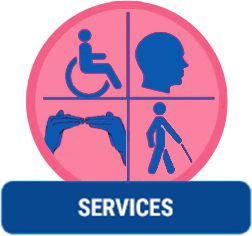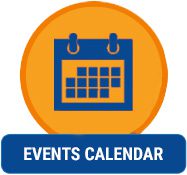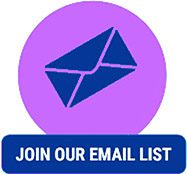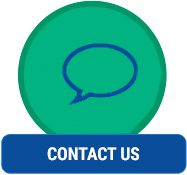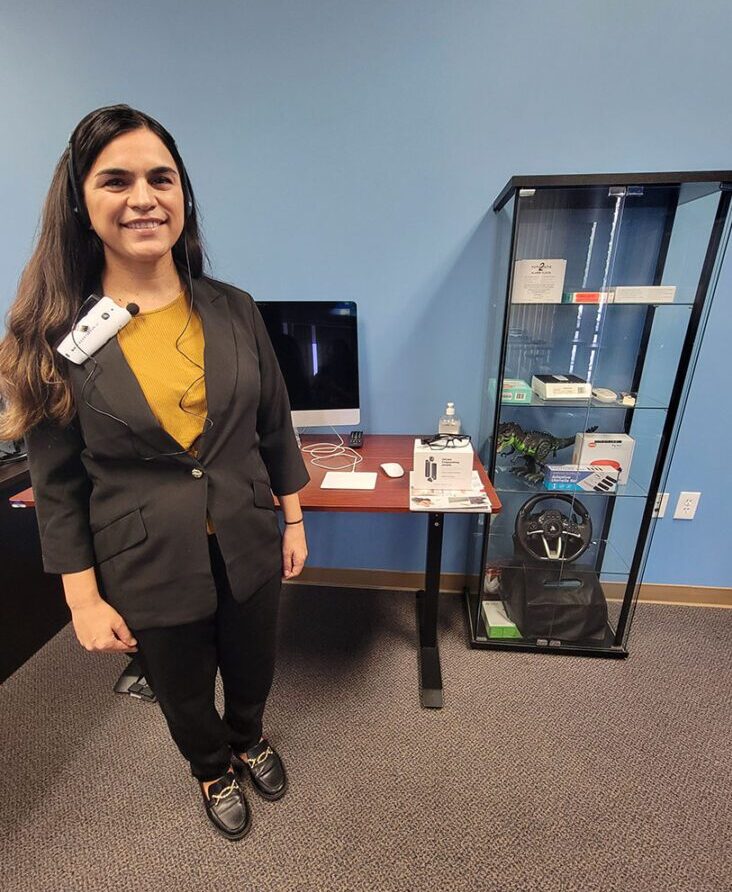
The purpose of the Assistive Technology Program offered by the Dayle McIntosh Center (DMC) is to promote the use of equipment, software, devices, and applications that enhance full participation in the community and home for people with disabilities and older adults. Assistive technology can be as large as a lift-equipped vehicle and as small as a “talking” watch key chain. For many people with disabilities and older adults, assistive technology is the bridge to independence.
For more information about assistive technology or to donate durable medical equipment, call (714)621-3300 or complete the online form
DMC is also happy to be working directly with DOR (Disability Works California) with our AT Fee for Service Programs for the Orange and San Gabriel regions for Assistive Technology Assessments and Training.
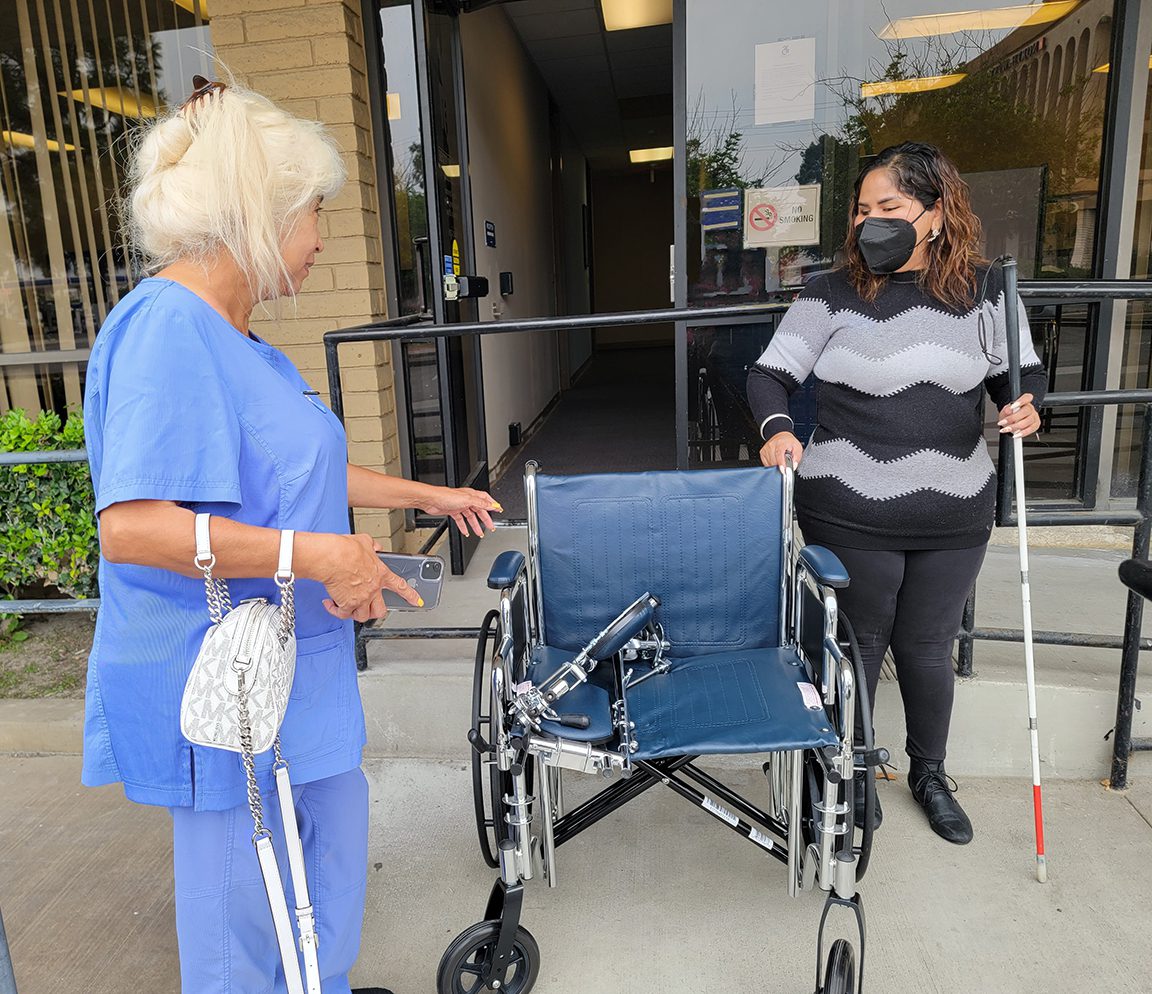
Who Is Eligible to Receive AT Services
Any Individual with a disability who lives in the Orange County area is eligible for services through the AT program.
The following services are available through the assistive technology program:
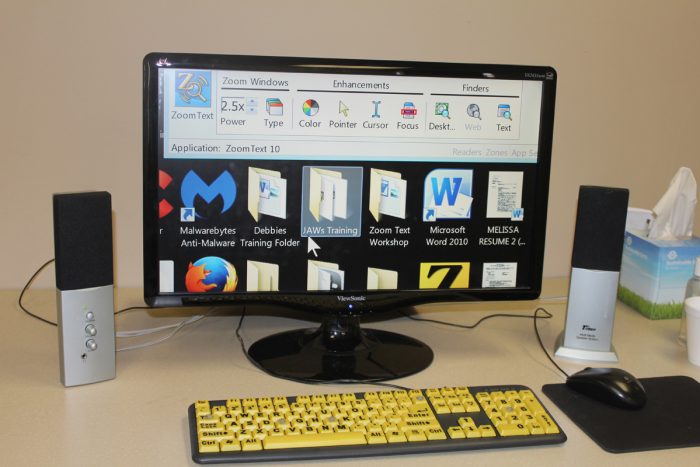
AT Information and Referral: DMC has gathered information related to assistive technology including descriptions of a wide range of products, pricing, manufacturers, distributors, and resources for obtaining financial aid to acquire AT. This information is shared with the public.
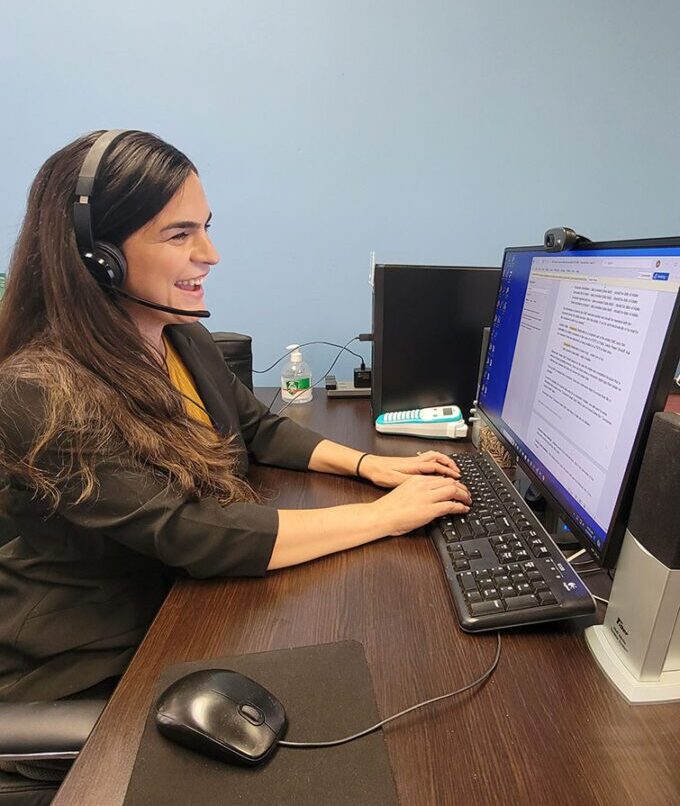
AT Case Coordination: When an intake takes place, the AT coordinator works with each new consumer to develop an individualized independent living plan. The purpose of the plan is to identify the need(s), the goals to be accomplished, activities that will be carried out, and outcomes to be reached. Usually, services center on deciding the types of equipment and devices that are needed, identifying suppliers of the items, arranging for consumers to test potential assistive technology, helping to find possible loans or grant to purchase AT, and providing training on the use of items after they have been purchased.
AT Lab: DMC maintains an assistive technology lab at the Anaheim Office. The lab is equipped with different types of AT, catalogs for what is available, and accessible computer workstations with systems that have adaptive software installed. Training and demonstrations are provided by the AT Coordinator on the use of equipment, devices, and software. The lab is open for consumers to use the computers for accessing the internet, sending, and receiving email, working on resumes and job applications, etc.
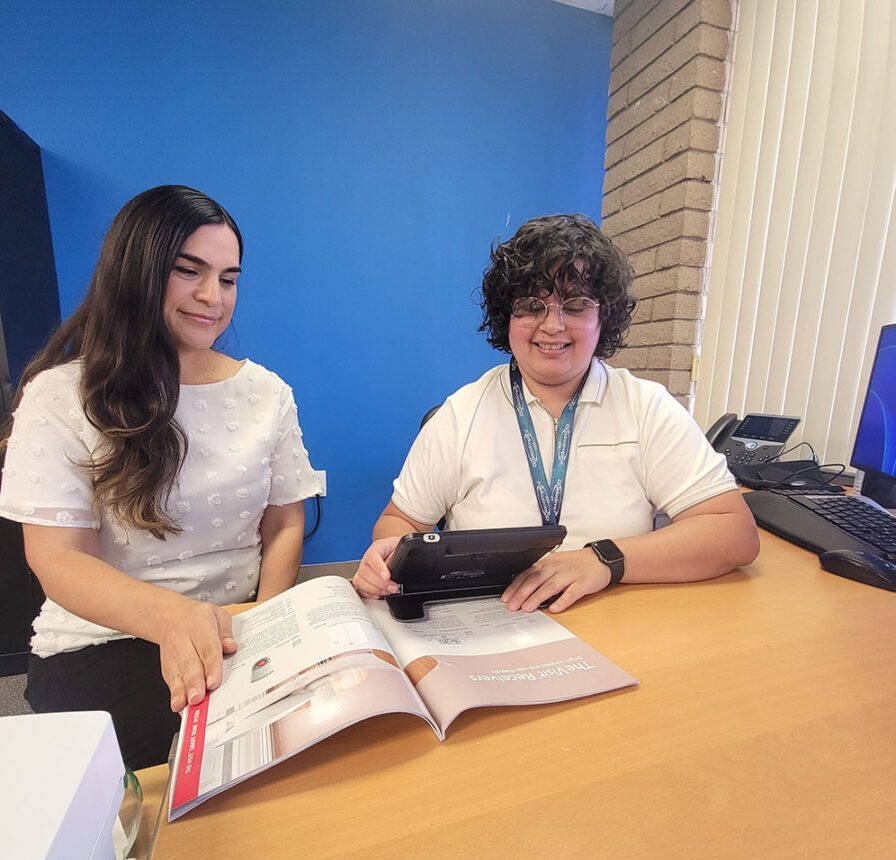
AT Recycle/Reuse Program: The center accepts donations of used durable medical equipment such as wheelchairs, and other assistive devices for donation to individuals, who cannot afford to purchase such items or who do not have coverage under their health insurance for AT. Donated equipment is cleaned and sanitized before reissue.
